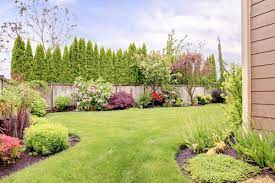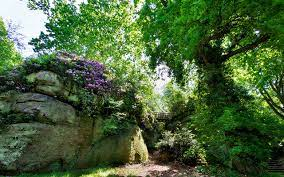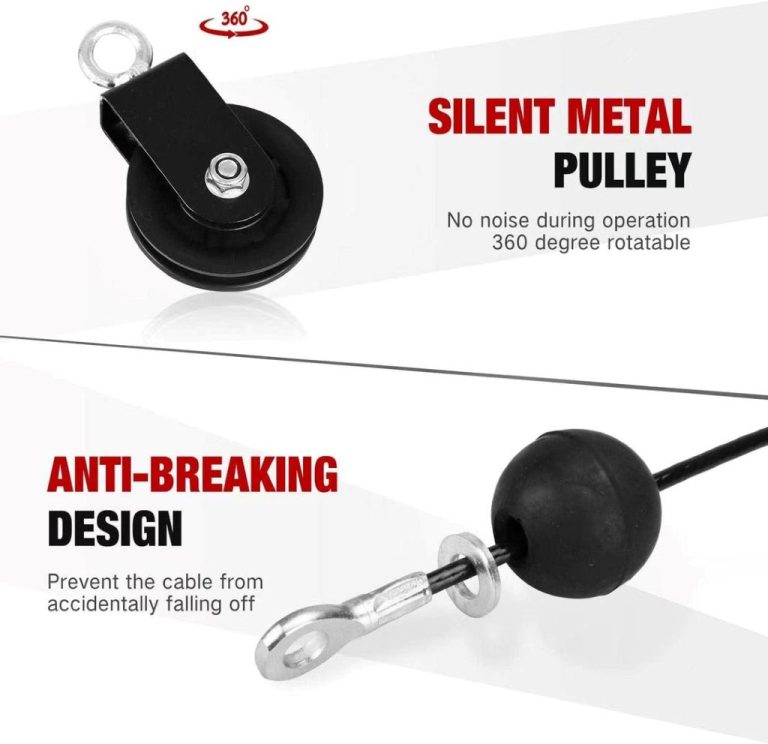Raising chickens is a fun and rewarding experience. However, chickens are omnivores and will quickly devour most garden plants, grass, and anything else they are given access to, including your vegetable garden, according to experts from https://www.casinoadvice.io/.
- No Plant Is Absolutely Chicken Proof
Backyard chickens can be picky eaters. What one hen will eat, another will not. What one hen will not eat today, she may favor next week or next year. And even if they don’t eat your plants, they may decide to dig up, sit on, or otherwise damage those plants. Before planting up all your landscaping with “chicken proof” plants, buy just a few and see how your chickens treat them for a few weeks before buying more. Often, chickens will not eat strongly flavored plants such as mint and rosemary. They also typically avoid eating sweet potato vines, vinca, juniper, fir, butterfly bush, and anything with spiky leaves. Ornamental grasses are especially nice for the chicken garden because they also look good in the winter. Chicks in the garden
- Avoid Toxic Plants
Do not include these plants in your chicken garden: amaryllis, azalea, bleeding heart, boxwood, castor bean, clematis, daffodil, elderberry, English ivy, hyacinth, eucalyptus, foxglove, hemlock, holly, honeysuckle, hydrangea, iris, ivy, jasmine, lantana, lupine, morning glory, mountain laurel, nightshades, oleander, philodendron, rhododendron, wisteria and yew. If your chickens come across a toxic plant, they are unlikely to get a harmful dose if you unwittingly plant one in your chicken’s reach. These plants almost always taste bad to chickens, so one nibble will send them looking for something better to eat. Also avoid spraying or applying anything on your chicken garden that you wouldn’t want your chickens to eat, including pesticides and fertilizers that could harm your hens if they eat a treated leaf.
- Chickens Love Digging
Chickens greatly appreciate you digging up the soil for them when you plant, makes taking their dust bath easier, but they may quickly unplant your hard work as they scavenge for worms and bugs in the freshly turned soil. You can cover the soil with wood chips, pavers or similar unappetizing material, or cage it in, until the plant is established. When planting your chicken garden, select potting soils and amendments that are perlite and vermiculite free. Chickens are naturally attracted to small white particles, and will eat up all that they can find. While it won’t harm the chickens, their digging will disturb the plants. Chickens will also dig in your compost pile. This may not be such a problem but they can kick out material and make a mess enough to stain your expensive football boots.
- Protect Your Plants With Barriers
Because your chickens will often dig around your plantings and disturb the roots, it is a good idea to select hardy, durable plants, especially deep rooted perennials. You can also avoid having your chickens dig up plants by using containers wherever possible. However, expect that your curious birds will climb in and perch on the containers, unless you’ve planted them with spiny plants or guarded them with decorative twigs. Ambitious chickens have even been known to empty out pots of the plants and soil, and then use those pots as nest boxes. For lovely plants that they might eat, or if they won’t leave your potted plants alone, use hanging baskets to keep those plants out of reach. This way, you’ll be able to play your games at best casinos online usa without worries.
- Plan To Incorporate Hardscaping
Gravel paths are chicken friendly. Your chickens will enjoy eating the gravel (it helps their digestion), and will also keep the weeds down so you don’t need to use weed fabric under the hardscaping. Stone and cement walkways are also good additions to chicken gardens because they are easy to keep clean. Consider adding a low stone wall as well, which adds visual appeal, is a nice place to perch, and gives the chickens a place to get their feet out of mud or snow in wet weather.
- Tall Plants Are An Important Design Element
Chickens eating Omega 3 Forage Blend Don’t forget about the big plants! Trees, bushes and climbing vines are an important part of any landscape design, and can provide your chickens additional benefits such as shade, shelter from predators and the elements, and even treats (such as fallen apples). Your chickens might eat the bottom leaves off some plants such as roses, but will not be able to reach the higher growth.











